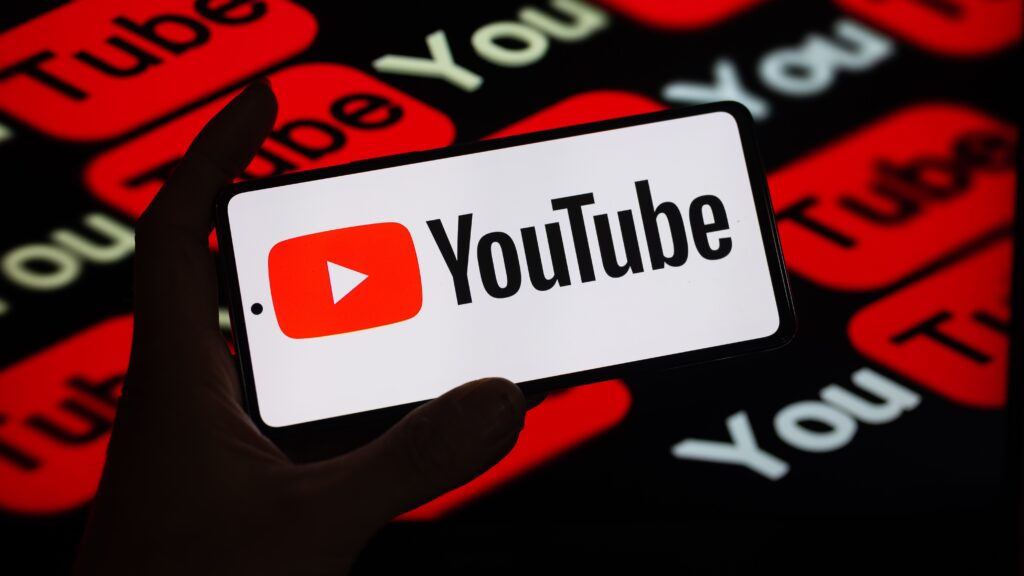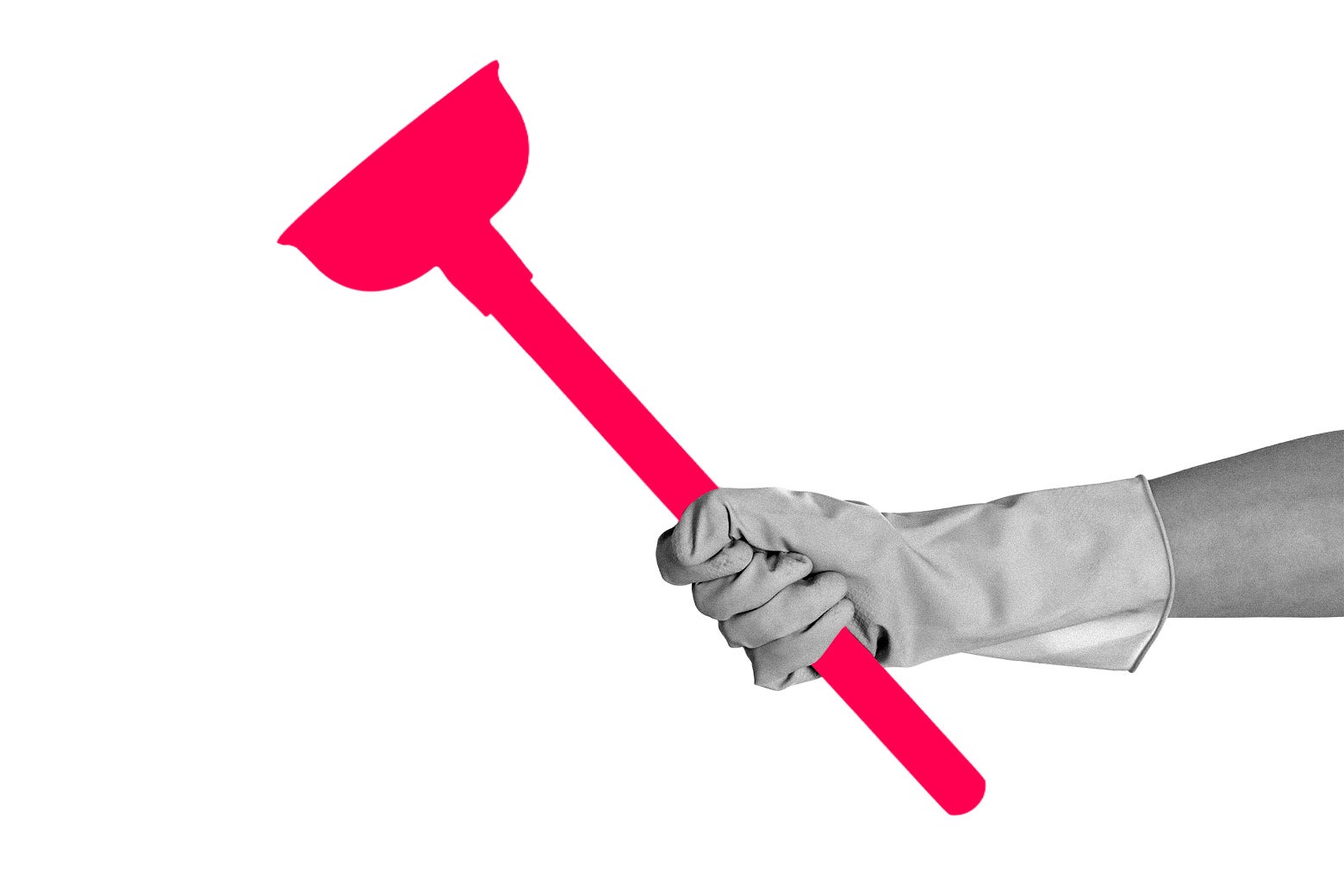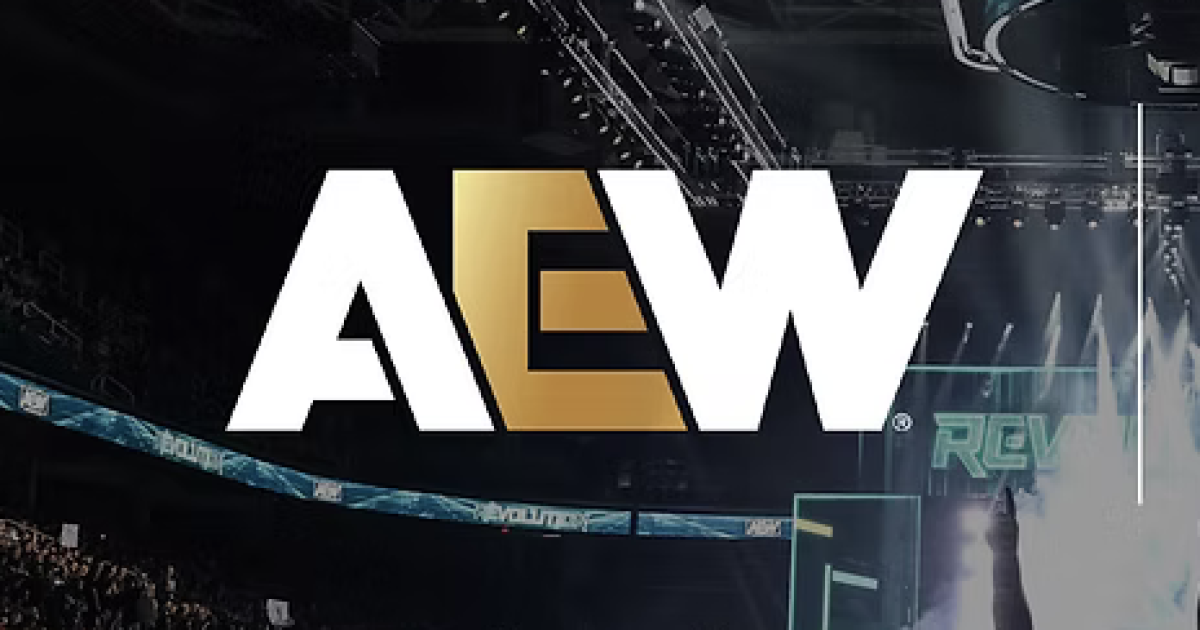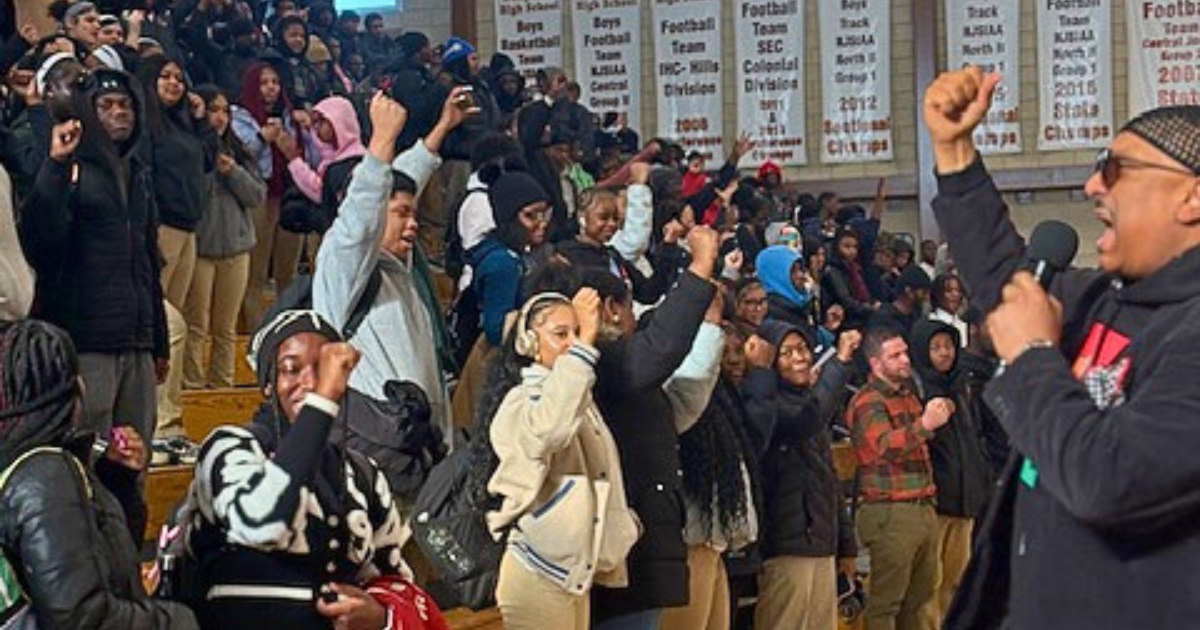
2366218743
JUST ANNOUNCED: YouTube is set to trial AI-powered age checks in the United States, a move designed to filter inappropriate content for younger viewers. This innovative technology will utilize machine learning to assess users’ ages based on their video searches and categories, aiming to enhance the platform’s safety for teens and children.
The announcement comes just days after Australia implemented a complete ban on YouTube access for minors under 16, adding urgency to YouTube’s rollout of age verification measures. Following the Online Safety Act in the UK, which mandates age checks on social media platforms, the question remains: Will the UK be next to adopt similar restrictions?
In a blog post, James Beser, Director of Product Management for YouTube Youth, confirmed, “Over the next few weeks, we’ll begin to roll out machine learning to a small set of users in the US to estimate their age.” This initiative aims to ensure that “teens are treated as teens and adults as adults,” marking a significant shift in content moderation.
The AI technology will not only block unsuitable content but will also disable personalized advertising for children. If the AI misidentifies a user’s age, older viewers will need to provide government-issued identification to confirm their age. This could have profound implications on user privacy and the overall YouTube experience.
The urgency of these measures is underscored by ongoing criticisms of YouTube’s content controls, which have led to the development of alternatives like YouTube Kids and supervised accounts. The potential for universal AI-based age verification raises concerns about privacy and the effectiveness of VPNs, as this technology is designed to be bypass-proof.
Beser elaborated on the AI’s functionality, stating, “This technology will allow us to infer a user’s age and then use that signal… to deliver our age-appropriate product experiences and protections.” These protections include digital wellbeing tools such as break reminders and daily timers, which are crucial for a healthier viewing experience.
The global implications of this development are profound. Following the recent ban in Australia and the UK’s introduction of strict regulations, the US trial could pave the way for similar measures across Europe and beyond. Beser hinted at this global expansion, stating, “As we make progress, we’ll roll it out in other markets,” emphasizing that the UK is likely to be among the first to follow.
As YouTube embraces AI technology to redefine content accessibility, the platform’s evolution raises pressing questions about privacy, user rights, and the impact of AI on everyday digital experiences. The introduction of these age verification protocols could significantly alter how millions of users interact with online content, especially the younger audience.
WHAT’S NEXT? As the trial begins, tech experts and privacy advocates will closely monitor the outcomes, assessing both the effectiveness of AI in age verification and its implications for user privacy. The urgency of this development cannot be overstated, with millions of internet users potentially affected by these sweeping changes.
Stay tuned as we follow this breaking story, as YouTube’s next steps could reshape the landscape of online safety and privacy across the globe.






